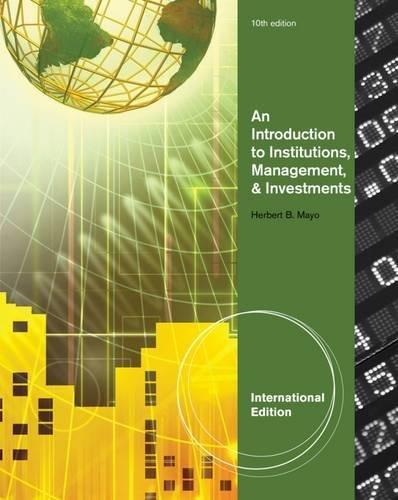In 1900, a Korean law established two district retail distribution systems for beef: one system for the retail sale of domestic beef and another system for the retail sale of imported beef. A small relation (not a supermarket of a department store) designated as a 'Specialized Imported Beef Store' may sell any beef except domestic beef. Any other small retailer may sell any beef except imported beef. A large retailer (a supermarket of department store) may sell both imported and domestic beef, as long as imported and domestic beef are sold in separate sales areas. A retailer selling imported beef is required to display a sign reading 'Specialized Imported Beef'. The retail system resulted in a reduction of beef imports. by 1996, there were approximately 5,000 imported beef shops as compared with approximately 45,000shops selling domestic beef. Korea claims that stores may choose to sell either domestic or imported beef and that they have total freedom to switch from one to another. Moreover, Korea argues that the dual system is necessary to protect consumers from deception by allowing them to clearly distinguish the origin of the beef purchased. Suppose you were the expert on panel, write a brief decision for the case. For your reference: Which article(s) under WTO may be involved in the case? ls the Korean regulation a valid consumer protection law? Do you think this system is necessary to protect consumers from fraudulent misrepresentation of the country of origin of the beef? Does it matter that scientific methods are available to determine the country of origin of beef? How do you think the dual system might affect the prices of imported beef versus domestic beef? Assuming that countries have the right to protect consumers from deception, what other methods might be available to accomplish this goal? In 1900, a Korean law established two district retail distribution systems for beef: one system for the retail sale of domestic beef and another system for the retail sale of imported beef. A small relation (not a supermarket of a department store) designated as a 'Specialized Imported Beef Store' may sell any beef except domestic beef. Any other small retailer may sell any beef except imported beef. A large retailer (a supermarket of department store) may sell both imported and domestic beef, as long as imported and domestic beef are sold in separate sales areas. A retailer selling imported beef is required to display a sign reading 'Specialized Imported Beef'. The retail system resulted in a reduction of beef imports. by 1996, there were approximately 5,000 imported beef shops as compared with approximately 45,000shops selling domestic beef. Korea claims that stores may choose to sell either domestic or imported beef and that they have total freedom to switch from one to another. Moreover, Korea argues that the dual system is necessary to protect consumers from deception by allowing them to clearly distinguish the origin of the beef purchased. Suppose you were the expert on panel, write a brief decision for the case. For your reference: Which article(s) under WTO may be involved in the case? ls the Korean regulation a valid consumer protection law? Do you think this system is necessary to protect consumers from fraudulent misrepresentation of the country of origin of the beef? Does it matter that scientific methods are available to determine the country of origin of beef? How do you think the dual system might affect the prices of imported beef versus domestic beef? Assuming that countries have the right to protect consumers from deception, what other methods might be available to accomplish this goal







